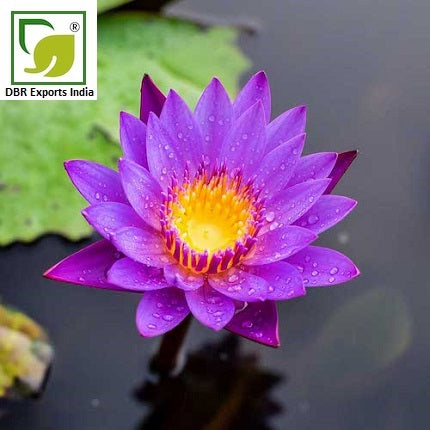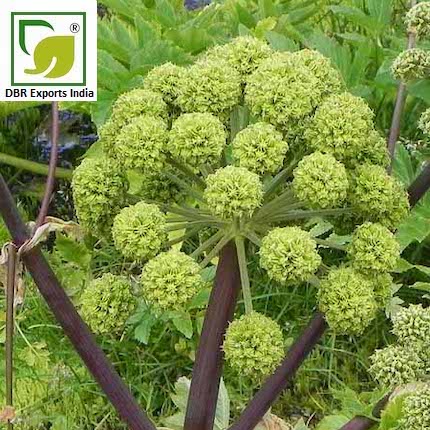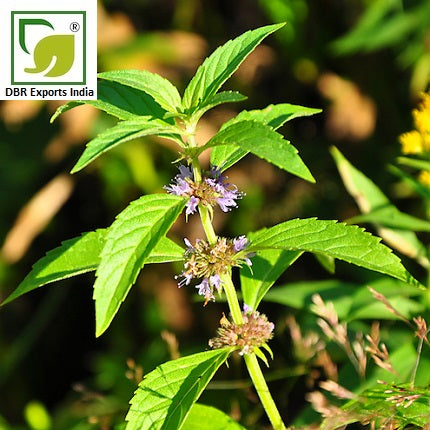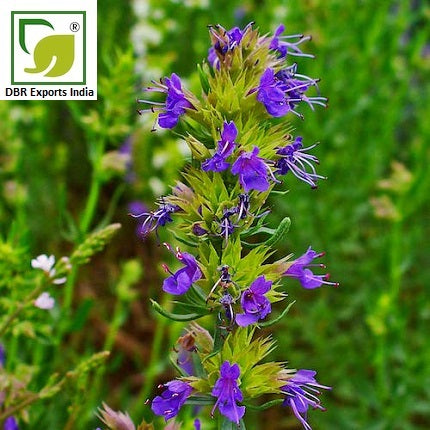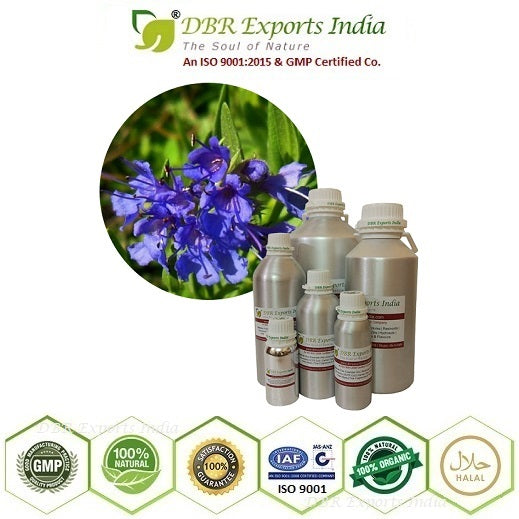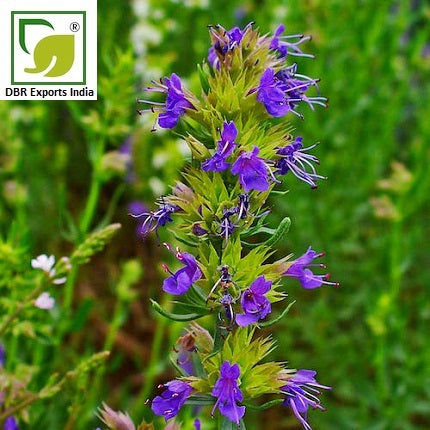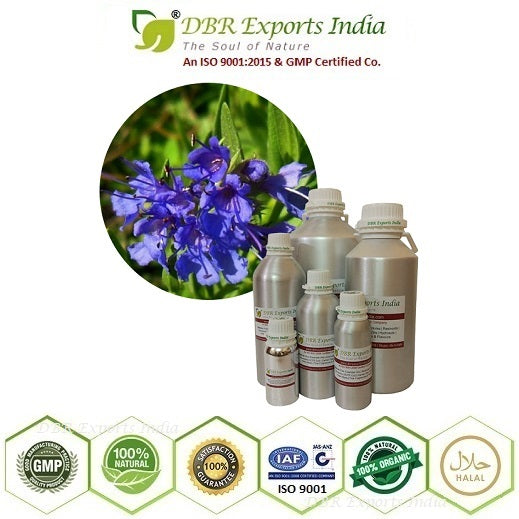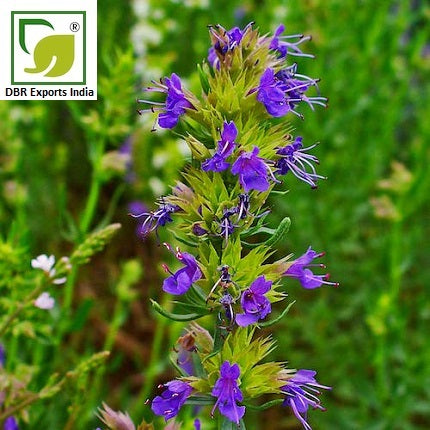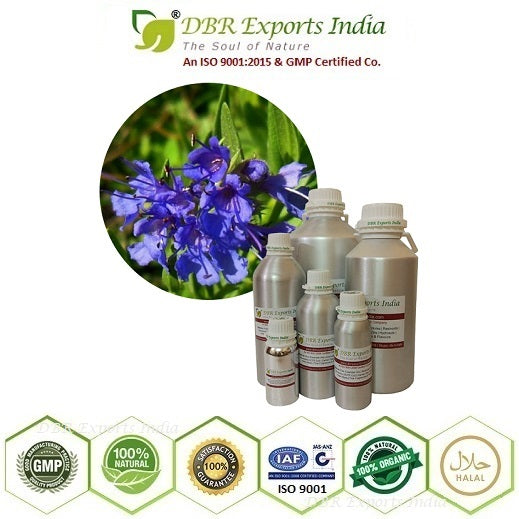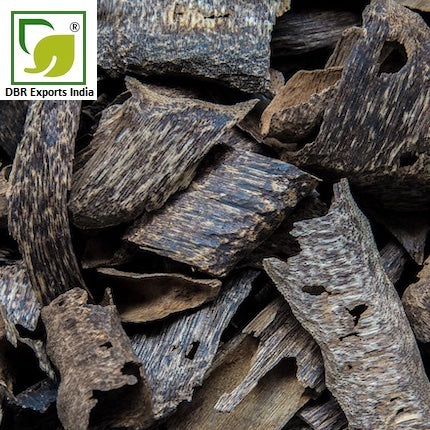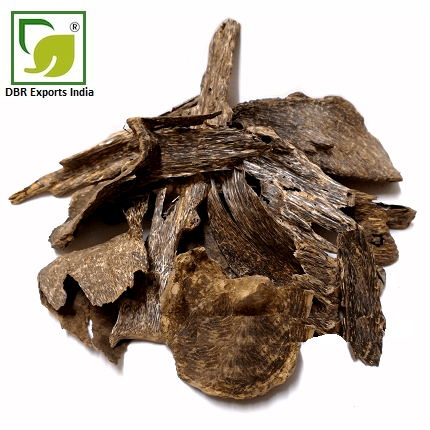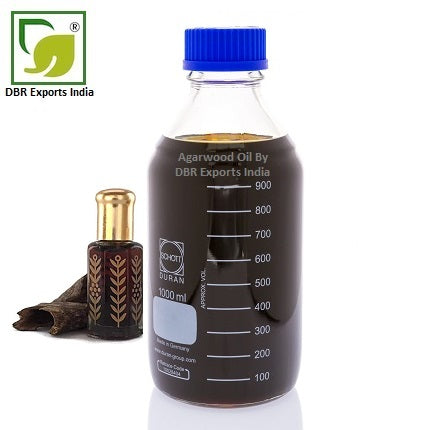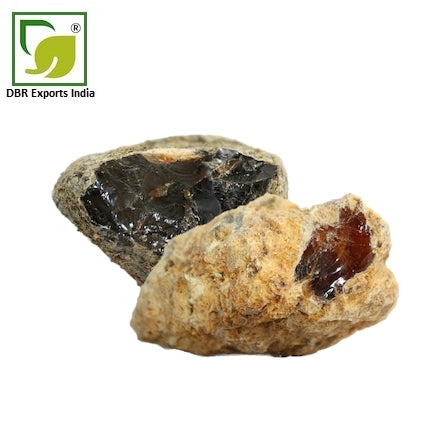Hyssop Oil (Hyssopus Officinalis):
Hyssop, (Hyssopus officinalis), evergreen garden herb of the mint family (Lamiaceae), grown for its aromatic leaves and flowers. The plant has a sweet scent and a warm bitter taste and has long been used as a flavouring for foods and beverages and as a folk medicine. Hyssop is native to the area ranging from southern Europe eastward to Central Asia and has become naturalized in North America.
The leaves contain oil of hyssop, a volatile oil used by perfumers. In manufacturing, hyssop oil is used as a fragrance in soaps and cosmetics.
Hyssop oil is just one of many essential oils that’s gaining popularity as a possible alternative to conventional anti-inflammatories and antimicrobials. While classified as “natural,” the oil still poses a risk of side effects, especially when used orally.
It’s also important that you don’t take this oil by mouth. Essential oils are not meant to be ingested, rather used in aromatherapy. Despite its use as a folk remedy for gastrointestinal upset, it’s possible that hyssop can actually cause gastrointestinal issues.
- Botanical Name - Hyssopus Officinalis
- Color and Appearance - Colorless
- Odor - Sweet camphoraceous with warm spicy undertone..
- Odour Strength - Medium
- Grade - Cosmetic
- Method of Production - Steam Distillation
- Application - Used in perfumery to induce,rich body,warm and spicy- herbaceous notes. Hyssop will give a special character to citrus colognes, fougeres, aldehydic accords and oriental bases.
- Blends well with - Clary Sage, Geranium, Grapefruit, Lavender, Myrtle, Lime, Rosemary, Sweet Orange.
- Target Industry - Fragrance Industry, Flavour Industry, Pharmaceutical Industry, Food Industry, Cosmetic Industry
- Country of Origin - India







